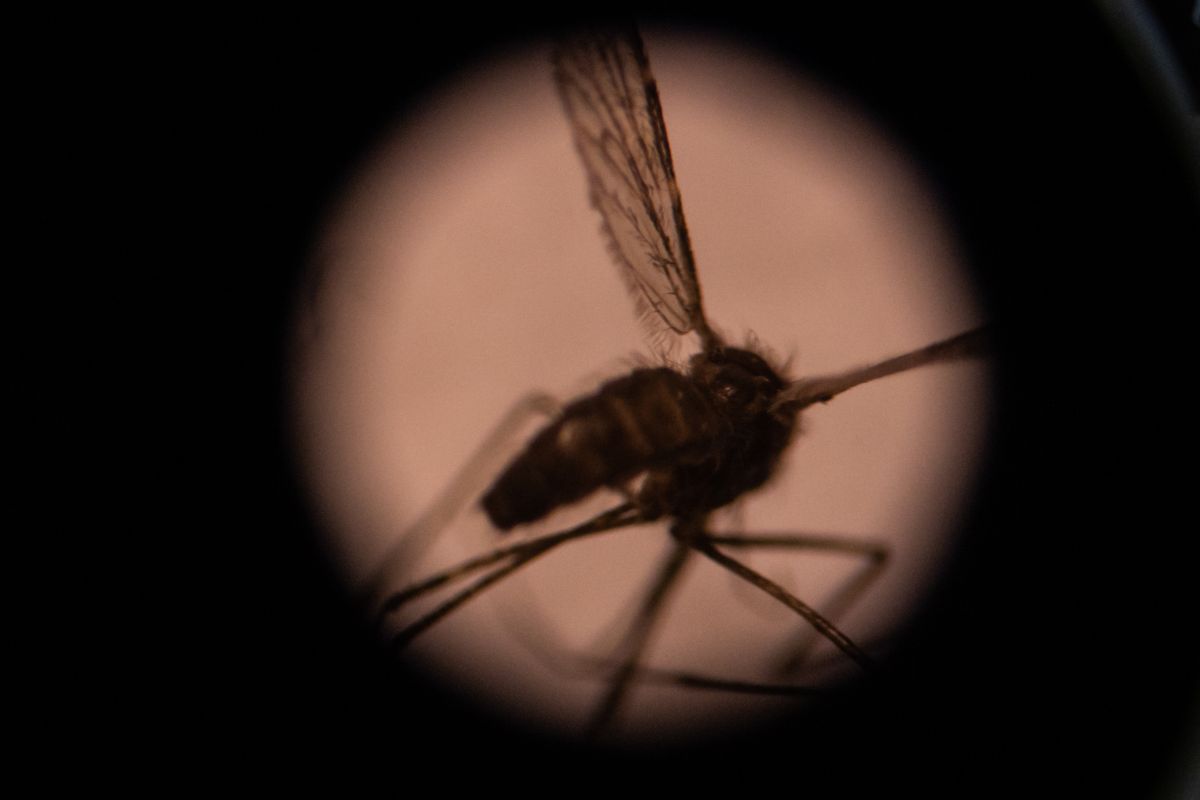Florida scientists at the Herbert Wetheim College of Medicine, part of Florida International University (FIU), have made significant progress in developing a natural antibiotic that could combat malaria transmission.
Researchers have created an arsenic-containing drug called arsinothricin (AST), which has been shown to be effective against antibiotic-resistant bacteria, including tuberculosis.
In collaboration with malaria researchers from the College of Arts, Sciences and Education, FIU scientists discovered that AST can prevent the malaria parasite from infecting mosquitoes, distinguishing it from other antimalarial drugs, according to a report on its website.
This breakthrough, also published in the journal Microorganisms, opens the door for AST to become a more potent antimalarial treatment for humans.
According to lead author Masafumi Yoshinaga, an associate professor of cell biology and pharmacology, current malaria drugs do not completely stop transmission, allowing patients to continue to infect mosquitoes during their recovery. To combat this, Yoshinaga stresses the need for powerful, multi-stage drugs to eliminate and eradicate malaria.
FIU researchers found AST to be a promising lead compound for developing such antimalarials. Although AST contains arsenic, it is important to note that it is not pure arsenic. Arsenic-based medicines have been used safely to treat and prevent various diseases since the early 20th century.
During tests on liver, kidney, and intestinal cells, AST specifically targeted and fought the malaria parasite inside human cells harmlessly. This development comes at a critical time, as the US health authorities issued an advisory due to recent cases of local malaria transmission in Florida and Texas.
While the FIU team has obtained a patent for the chemical synthesis and methods of using AST, the process of turning it into a medicine can be time consuming and expensive. More research is needed to understand how AST enters human red blood cells, where it may exhibit even greater efficacy against the malaria parasite.
Malaria remains a major global health problem, with approximately 240 million cases reported annually.
Although malaria transmission by Anopheles mosquitoes had not occurred in the United States since 2003, health authorities in Florida and Texas reported this week that several cases had been identified.
Keep reading:
· CDC issues alert for four cases of malaria by local transmission in Texas and Florida
· Texas: case of local malaria transmission detected, adding to two discovered in Florida
· The United States and Mexico warn about an outbreak of fungal meningitis after cosmetic surgeries
